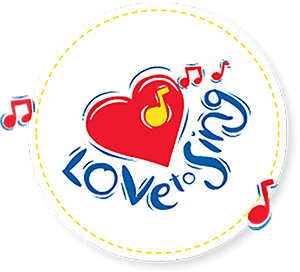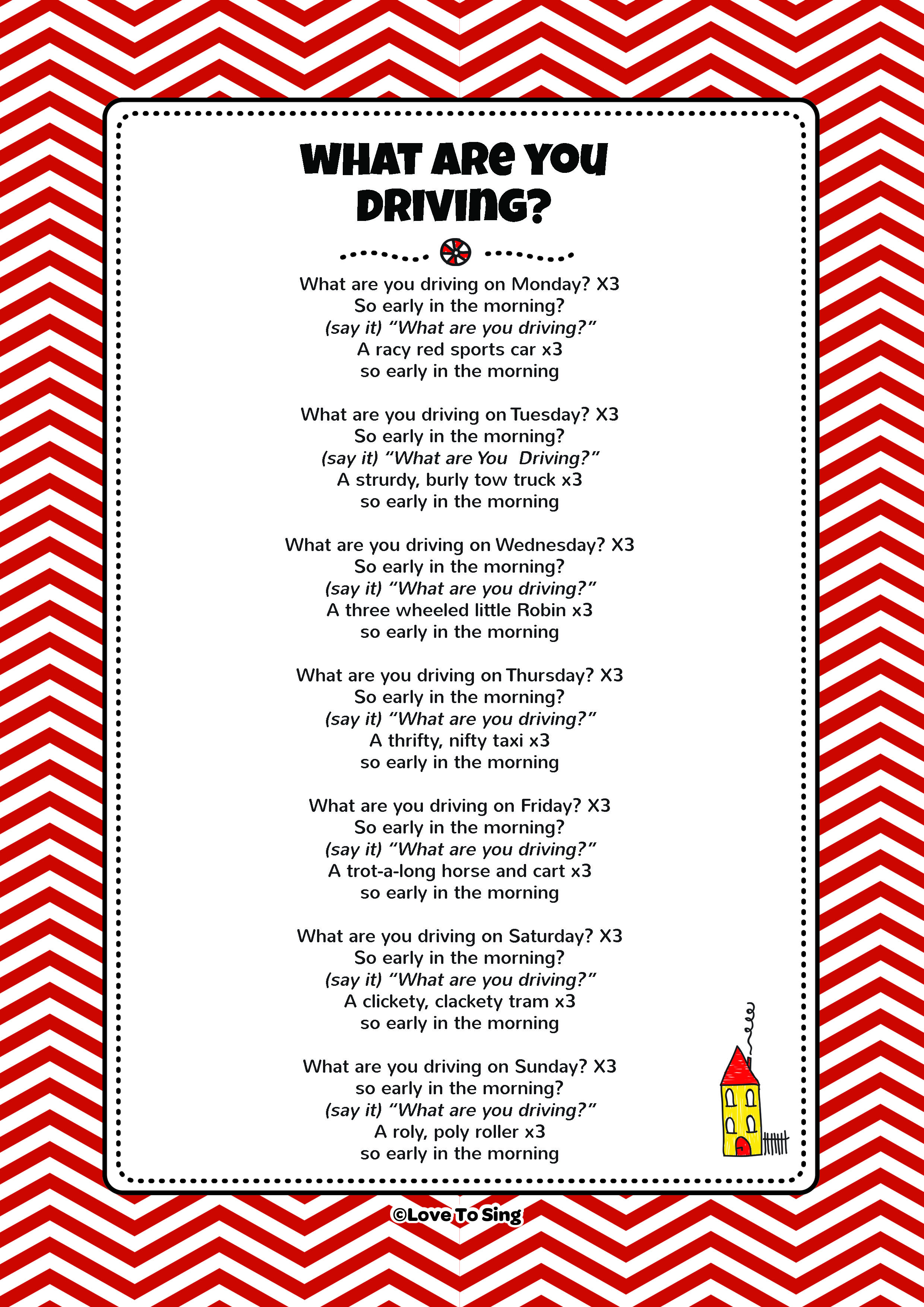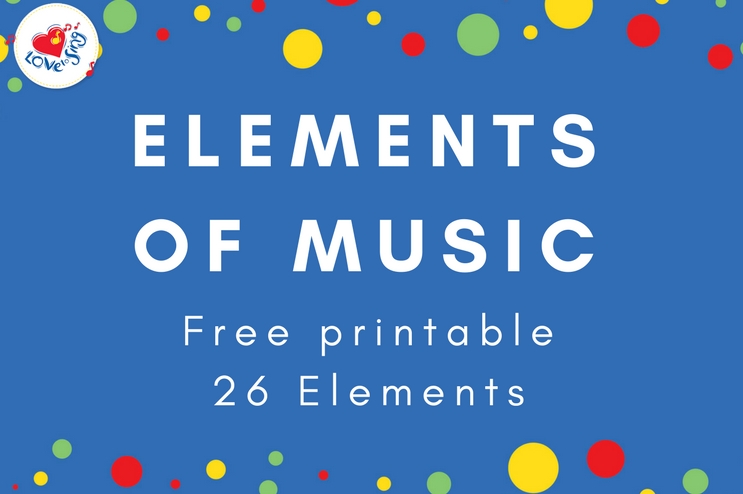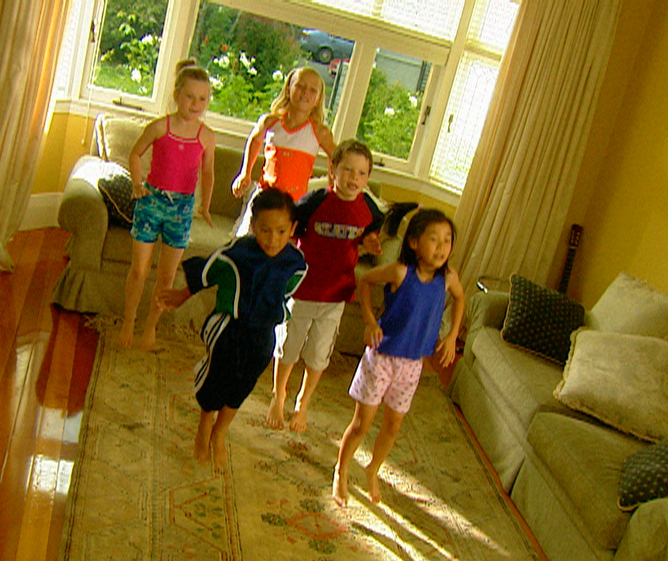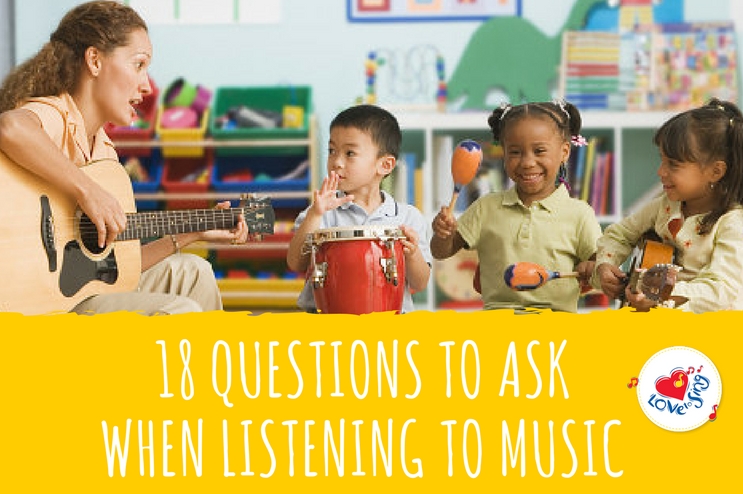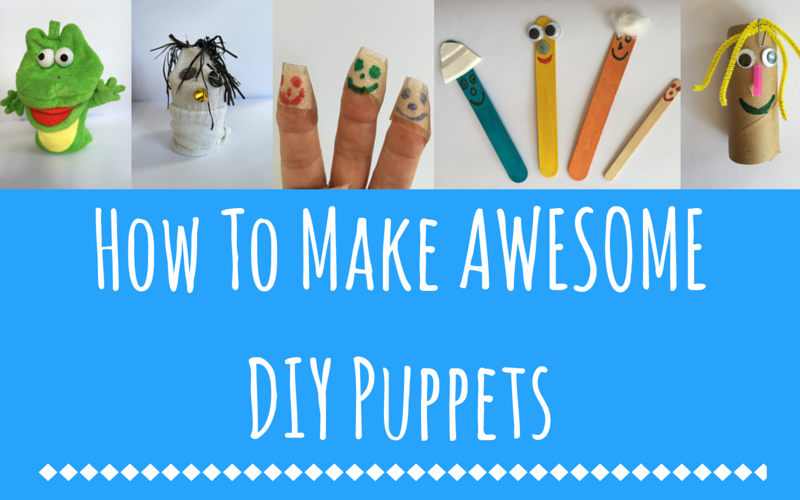What Are You Driving? Lyrics
What are you driving on Monday? X3
So early in the morning?
(say it) “What are you driving?”
A racy red sports car x3
so early in the morning
What are you driving on Tuesday? X3
So early in the morning?
(say it) “What are You Driving?”
A strurdy, burly tow truck x3
so early in the morning
What are you driving on Wednesday? X3
So early in the morning?
(say it) “What are you driving?”
A three wheeled little Robin x3
so early in the morning
What are you driving on Thursday? X3
So early in the morning?
(say it) “What are you driving?”
A thrifty, nifty taxi x3
so early in the morning
What are you driving on Friday? X3
So early in the morning?
(say it) “What are you driving?”
A trot-a-long horse and cart x3
so early in the morning
What are you driving on Saturday? X3
So early in the morning?
(say it) “What are you driving?”
A clickety, clackety tram x3
so early in the morning
What are you driving on Sunday? X3
so early in the morning?
(say it) “What are you driving?”
A roly, poly roller x3
so early in the morning
What Are You Driving? Learning Activities
Music
- Listen to the song. Divide the children into 7 groups. Choose an instrument, body percussion (e.g. cluck tongue, slap thighs) or found sound (ruler or pencil tapping on floor) to match the vehicle. Each group plays along to the rhythm of their verse.
- Play the song again and everybody plays!
Maths
- How many days are there in a week?
- Ask what is your favourite day of the week? Graph results.
Drama
- Guess what I am driving? Mime a mode of transport e.g. aeroplane, bicycle etc. Can the others in the class guess?
- Pair up with a partner and have turns miming and guessing.
Literacy
- Sing and read along to the YouTube song to achieve multi-sensory learning “Do it, see it and hear it!”
Print out the song PDF
- Read the song lyrics – ask children a variety of questions.
- Re-read the song lyrics and ask children to join in.
- Recognise and use a variety of punctuation when reading. “ ” ! ? . ,
- Look at print and conventions (bold, italics).
- Talk about interesting/challenging words and discuss what they mean.
- Word study – phonic knowledge, compound words, rhyming word, contractions etc.

Top 5 Bedtime Songs Songs
Happiness Is Something If You Give It AwayTwo Little Eyes
Nursery Rhyme Medley
Sleepy Songs
Train Medley
